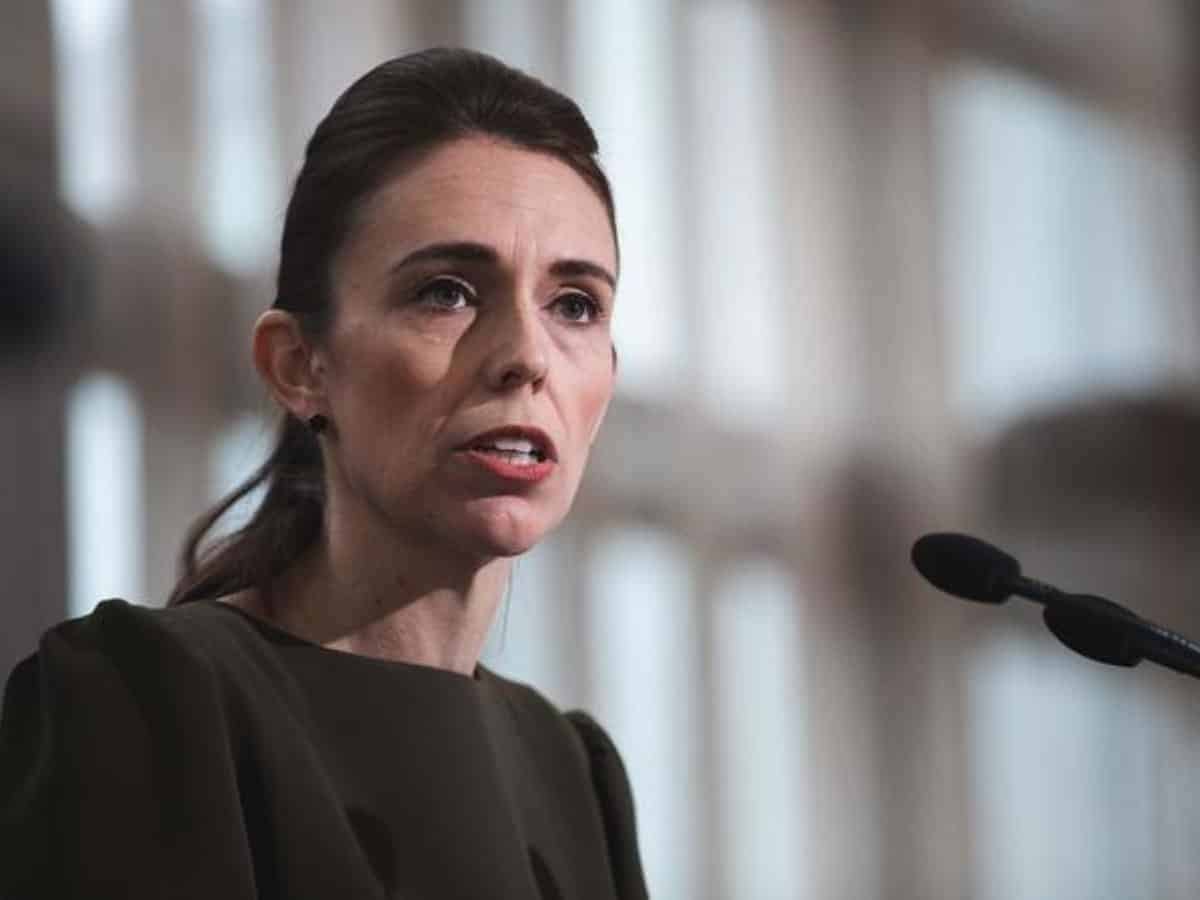
Auckland: The Government has released for consultation a pragmatic proposal to reduce agricultural emissions, setting up our biggest export earner for future success and putting New Zealand on track to meet our 2030 methane reduction target, Prime Minister Jacinda Ardern has announced.
The Government has included many of the recommendations of the He Waka Eke Noa Partnership of agriculture sector groups for farm-level emissions pricing, and proposed modifications in the consultation document based on advice from the Climate Change Commission.
“This is an important step forward in New Zealand’s transition to a low emissions future and delivers on our promise to price agriculture emissions from 2025,” Jacinda Ardern said.
“The proposal aims to give New Zealand farmers control over their farming system, providing the ability to reduce costs through revenue raised from the system being recycled back to farmers, which will fund further research, tools and technology and incentives to reduce emissions.
“The proposal would see New Zealand farmers lead the world in reducing emissions, delivering a competitive advantage and enhancing our export brand.
“No other country in the world has yet developed a system for pricing and reducing agricultural emissions, so our farmers are set to benefit from being first movers.
“Cutting emissions will help New Zealand farmers to not only be the best in the world but the best for the world; gaining a price premium for climate friendly agricultural products while also helping to boost export earnings.
“We’re committed to building a system that works for farmers. We will continue to work in partnership to drive as much consensus as possible to ensure we have a system that lasts the distance.
“The consultation provides an opportunity for people to provide feedback on the issues of sequestration, the levy setting process and transition support,” Jacinda Ardern said.
Agriculture Minister Damien O’Connor said the proposed farm-level emissions pricing system supported farmers to make decisions about what they do on their farms by incentivising emissions reductions and climate friendly practices.
“By rewarding farmers who take action to cut their emissions we can support more farmers to improve their productivity and profitability while achieving climate goals,” Damien O’Connor said.
“The Government is already supporting farmers by investing in the development of high-impact technologies and practices, including the establishment of the new Centre for Climate Action on Agricultural Emissions to shift the dial on climate friendly farm practices.
“Farmers are already experiencing the impact of climate change with more regular drought and flooding. Taking the lead on agricultural emissions is both good for the environment and our economy,” Damien O’Connor said.
Climate Change Minister James Shaw stressed the importance of working with farmers to reduce emissions, rather than relying on forestry offsets.
“The Government made a promise to put a price on agriculture emissions, after thirty years of inaction.
“By 2025 New Zealand will introduce a system that means farmers pay a price for their emissions and are rewarded for taking action to reduce their climate pollution. Countries grappling with the same challenges as us are once again looking to New Zealand for climate leadership.
“The levy improves on the proposal put forward by the He Waka Eke Noa partnership and brings New Zealand’s gross methane reduction targets within reach. It is better than the ‘backstop’ of bringing agriculture into the Emissions Trading Scheme, which could see agribusiness simply offsetting farm emissions without making any actual changes to reduce emissions on farms.
“Cabinet considered a range of options alongside the levy, including a system based on managing the total volume of pollution, rather than managing the price. While this was not Cabinet’s preferred option for 2025, we are seeking feedback on its merits.
“There are a few other outstanding issues which we are keen to hear views about, such as how nitrous oxide emissions from fertiliser should be treated,” said James Shaw.



